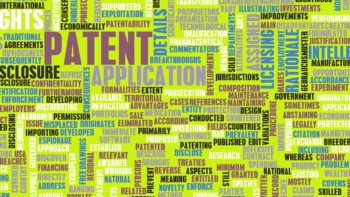By Michael Banks in San Antonio, Texas
Here is a stat for you: around 50% of US physics graduates (both undergraduates and postgraduates) go on to work in industry.
Whether you think that is good or bad, the American Physical Society (APS) wants to do more to support those physicists who don’t pursue a career in academia.
Last October, the APS’s Forum on Industrial and Applied Physics met to look into the problems faced by physicists going into industry and at ways to support them.
The outcome of that meeting was a report entitled National Issues in Industrial Physics that was released on 12 February. It recommended a number of steps, including the establishment of industrial placements for PhD students as well as creating better opportunities for students to be mentored by industrial physicists.
Indeed, engineering is already streets ahead, as students regularly do a stint at a company during their degrees, yet this rarely happens in physics. “Physics industries are critical to the economy,” says Steven Lambert of the APS, who was speaking yesterday at the society’s meeting in San Antonio and who co-chaired the 38-member committee that produced the report. “So we have to serve the industrial-physics sector better.”
There are plans to also put together yet another report – The Impact of US Industrial Physics – that will look into the effect that physics has on the US economy. It will be similar to recent publications by the Institute of Physics, which publishes physicsworld.com, and the European Physical Society, which both looked into the impact that physics has on the economy.
The APS has yet to commission its report, so a release date is not yet known. “It’s going to be aimed at anyone who is interested in the industrial physics, be it government, companies or universities,” Lambert told physicsworld.com.



